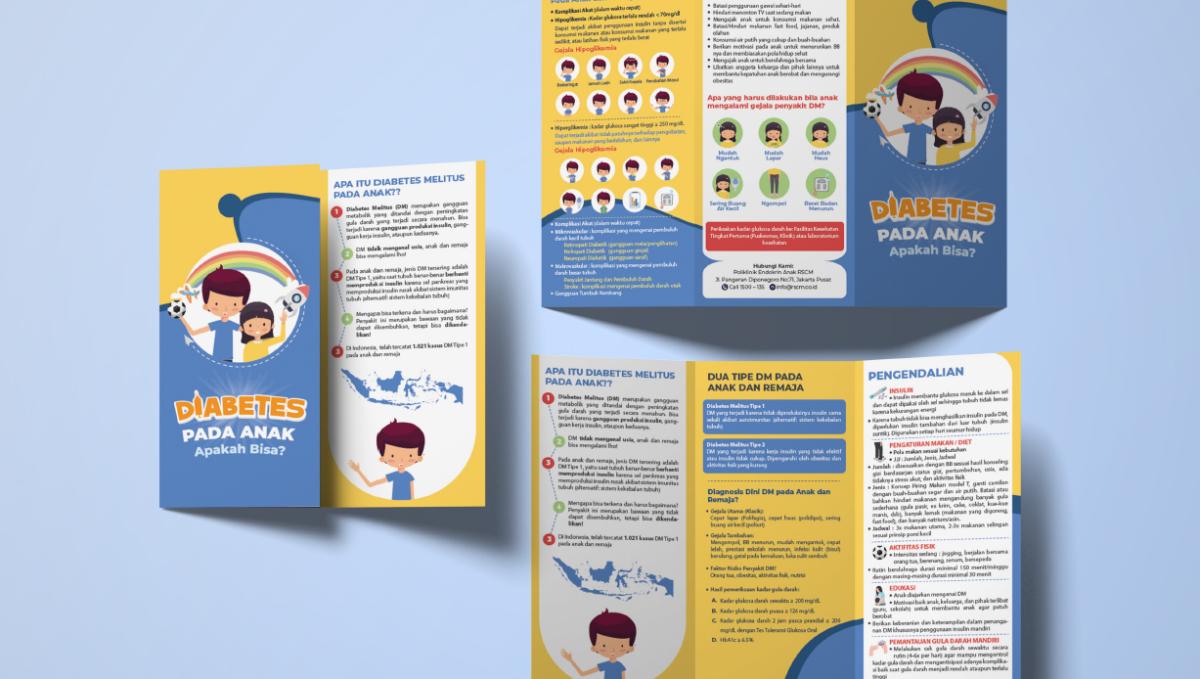SUNI-SEA Consortium, Global Alliance for Chronic Diseases (GACD)
Strengthening collaborative linkages for better NCD Interventions in Indonesia
04 Apr 2024
World Health Organization | 07 May 2022
Some 1,300 children were estimated to live with type 1 diabetes in Indonesia in 2020, yet their number is believed to be strongly underreported. Diagnosing and managing diabetes is particularly challenging for children and their families across the large, archipelagic country. Geographical and socioeconomic barriers complicate the reliable supply of insulin, and national health insurance policies only allow for short-term insulin prescription schemes. Furthermore, practitioners often hesitate to initiate insulin treatment fearing complications, while patients and their families lack sufficient information on correct insulin use.
Countering treatment hesitancy among healthcare professionals and improving the health literacy of children and their families, the PEDIA project tackles two major issues of type 1 diabetes care in Indonesia. An innovative set of novel health education materials connects practitioners, young patients, caregivers, and communities for a more holistic and sustainable approach to diabetes care, including a graphic novel, diaries for children, parental guidance, and a digital platform for diabetes education.

The PEDIA project launched with a survey on the management of type 1 diabetes among children and adolescents during the COVID-19 pandemic. The survey revealed that parents, teachers, and community members often lack basic knowledge about the disease and are insufficiently involved in children’s diabetes management. Collaborating with experts of the Asia Pacific Pediatric Endocrine Society, the Caring & Living as Neighbors initiative, and local design professionals, the team developed a graphic novel and diary using simplified language, as well as complementary educational materials for caregivers, educators, and community leaders.
The novel educational materials for children and their families were successfully piloted in a tertiary hospital in Jakarta in 2021, with pre- and post-intervention surveys showing strong support in participating communities and among healthcare providers. Based on this initial success, the PEDIA team is now developing the digital education platform and translating the parental guide into local languages, in preparation of the roll-out across several regions in Indonesia.
This NCD Lab project was the winning submission in the category Meaningful Engagement of People Living with NCDs and Mental Health Conditions. The project was submitted to the first NCD Lab cycle by Ghaisani Fadiana, MD, a founding member of the PEDIA project.